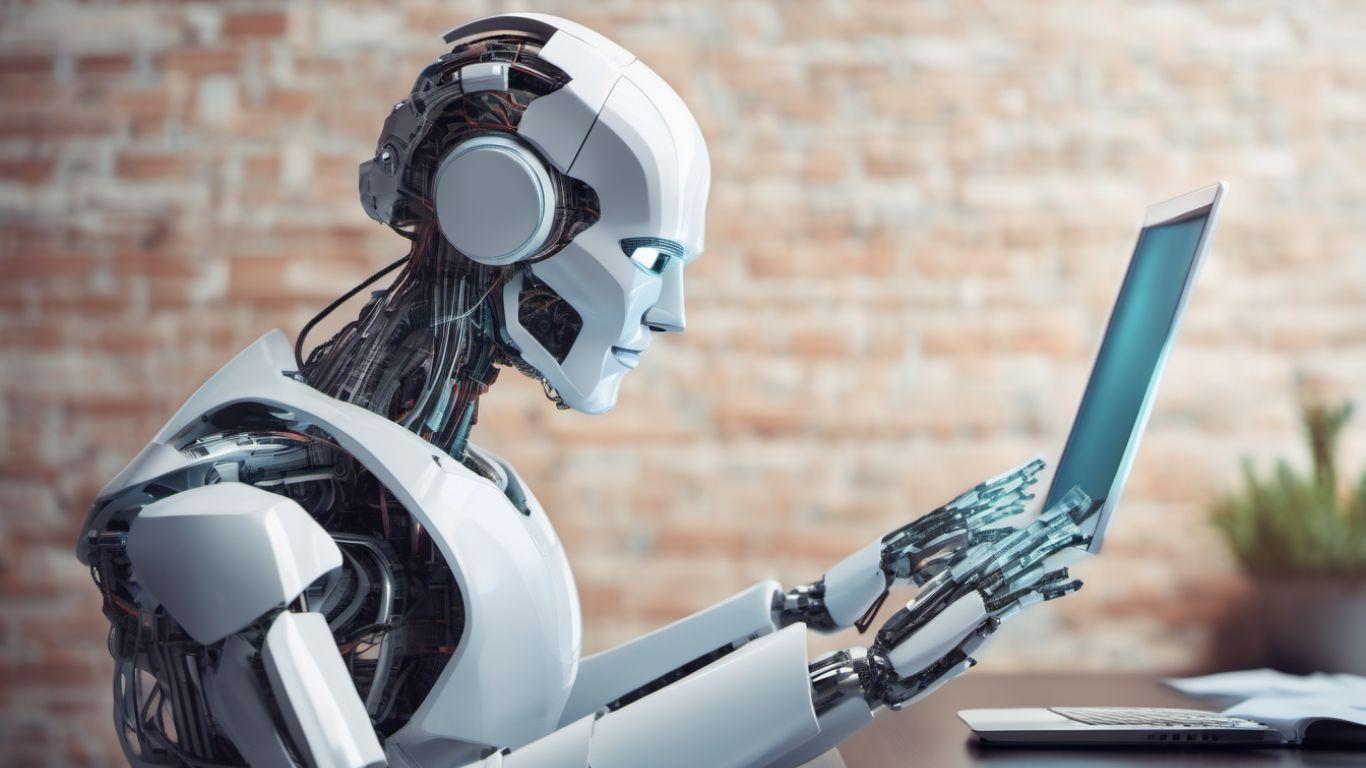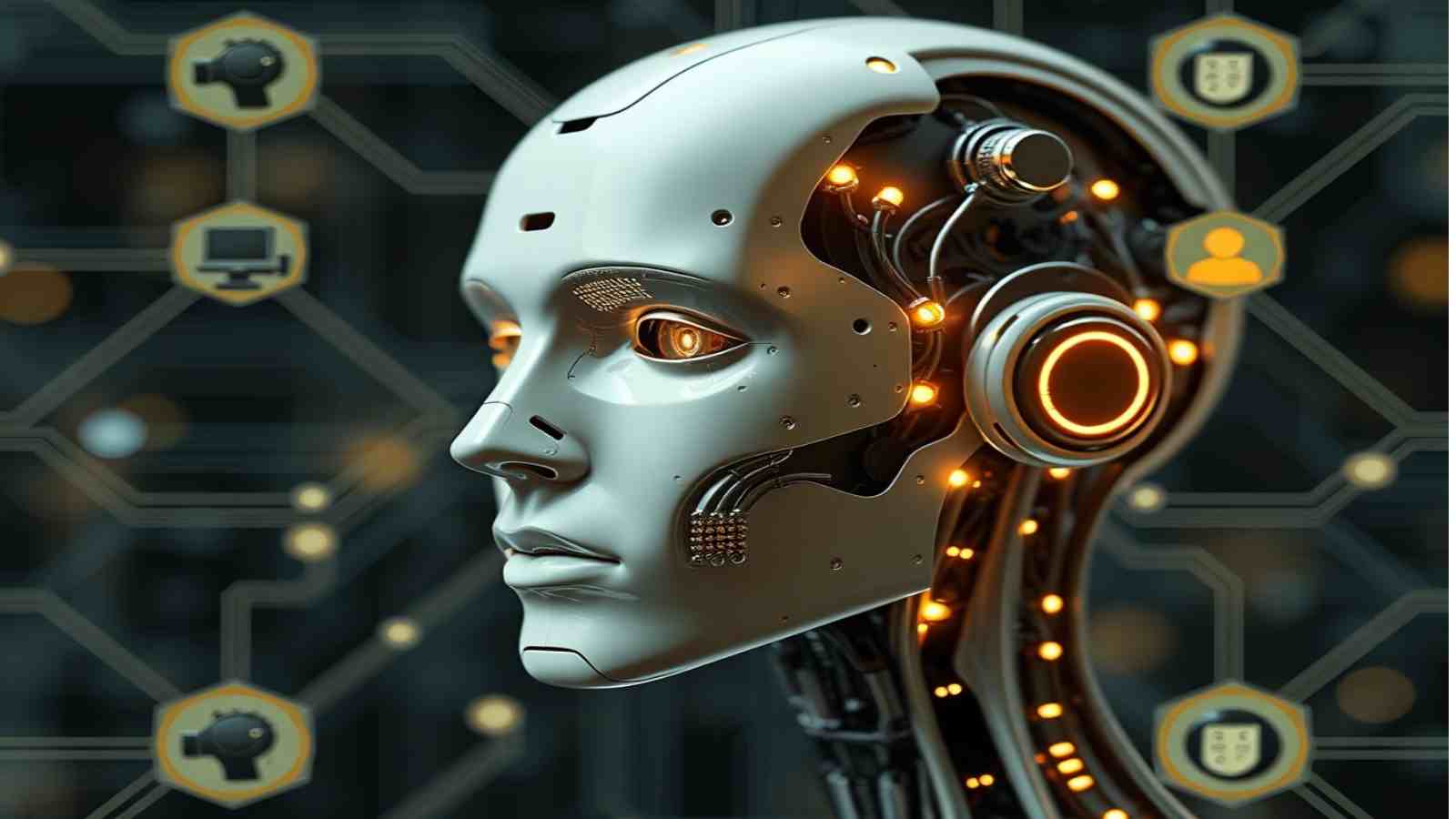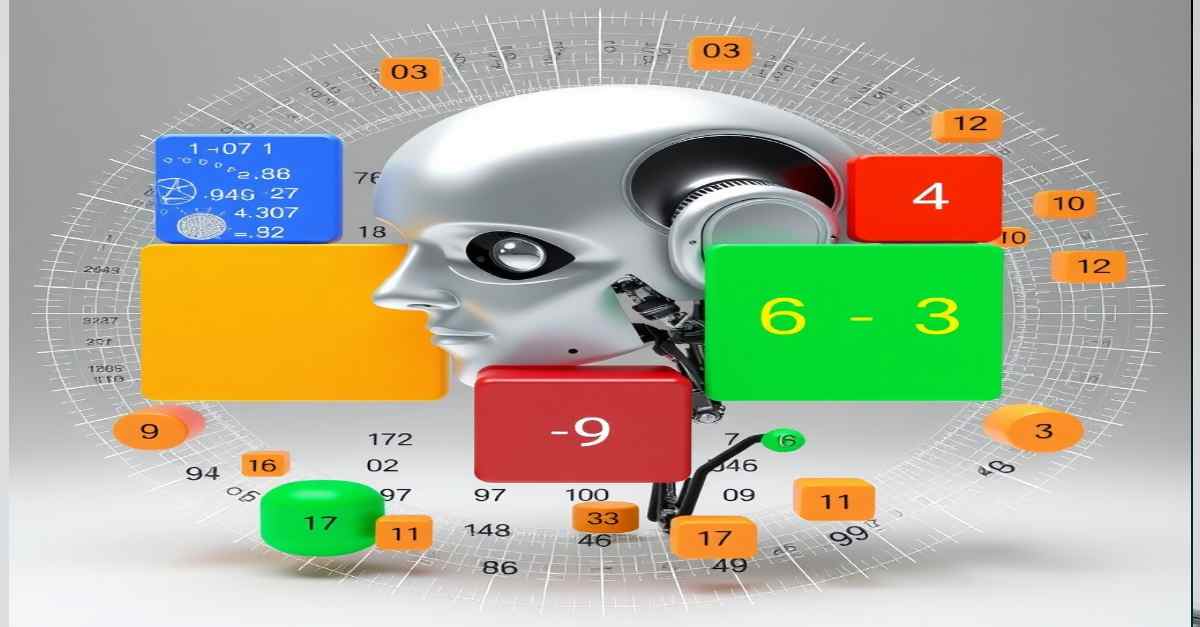Artificial Intelligence (AI) has transformed various facets of our lives, including content creation. However, with these advancements come new ethical challenges, including AI plagiarism. This post explores AI plagiarism, its moral and legal implications, and prevention strategies.
What is AI Plagiarism?
AI plagiarism refers to the unauthorized use of AI algorithms, models, or outputs to produce work falsely represented as original. This includes:
- Direct Replication: Using AI to replicate existing content without proper attribution.
- Slight Modifications: Altering existing content slightly using AI to avoid detection.
- Passing Off AI Work as Original: Presenting AI-generated work as your own without acknowledging the AI’s contribution.
Why Explore AI Plagiarism?
Addressing AI plagiarism is essential for several reasons:

- Ethical Implications: Using AI for content creation without proper attribution affects academic integrity and originality.
- Awareness: Informing educators, researchers, and content creators about the potential risks of AI-enabled plagiarism.
- Policy Development: Highlighting the need for updated policies and tools to detect and prevent AI plagiarism.
- Discourse on AI Use: Discuss how to harness AI technology for innovation while safeguarding against misuse.
Examples of AI Plagiarism
To understand the real-world impact, let’s look at some examples:
- Academic Misconduct: A student uses an AI text generator to write an essay, presenting it as original work.
- Media Manipulation: A news website rewrites articles using AI to avoid detection without proper attribution.
- Business Ethics: A company copies another business’s website design using an AI tool, producing a nearly identical version.
- Research Integrity: A research paper incorporates AI-generated graphs and data without acknowledging the AI’s role.
Legal Implications of AI Plagiarism
The consequences of AI plagiarism extend into the legal realm:
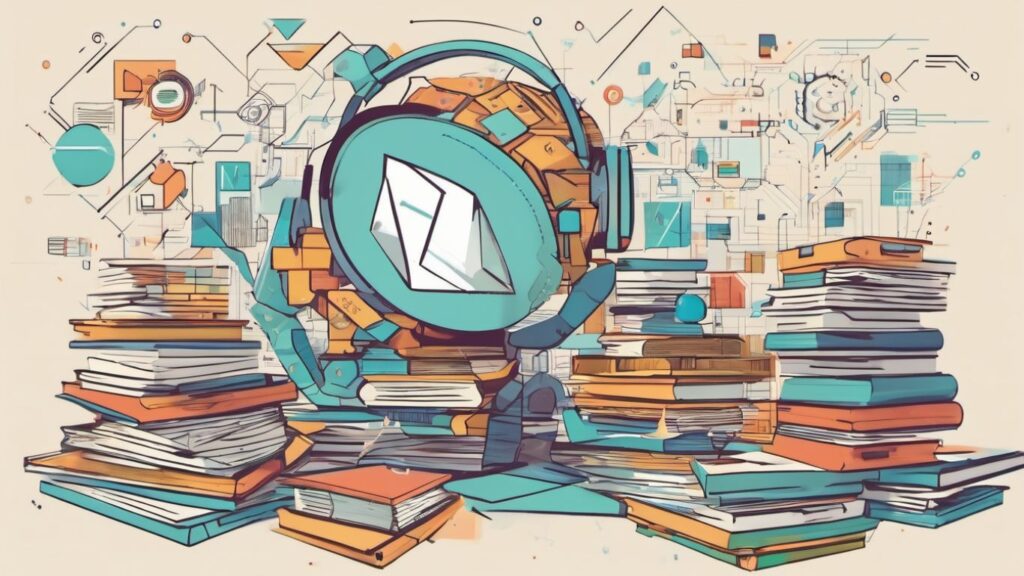
- Copyright Violations: Reproducing or distributing content without authorization can breach copyright laws.
- Intellectual Property Infringement: Replicating original ideas or designs may infringe on intellectual property rights.
- Legal Penalties: Offenders could face fines, damages, injunctions, or criminal charges for copyright infringement or fraud.
- Organizational Liability: Organizations promoting or allowing AI plagiarism may be held liable.
- International Variations: Legal implications can vary internationally, requiring a nuanced understanding of local laws.
Strategies to Prevent AI Plagiarism
Preventing AI plagiarism requires a multi-faceted approach:
- Educate on Ethical AI Use: Raise awareness about the ethical implications and importance of originality and attribution.
- Enhance Detection Tools: Use advanced plagiarism detection software to identify AI-generated content.
- Implement AI Policies: Establish clear guidelines on using AI for content creation, ensuring proper attribution.
- Foster Academic Integrity: Encourage a culture where original work is valued and AI use is transparently communicated.
- Update Copyright Laws: Adapt legislation to account for advancements in AI technology.
- Invest in AI Authentication: Develop systems to verify the authenticity and originality of content.
Policy Recommendations
Addressing AI plagiarism at a policy level involves several recommendations:
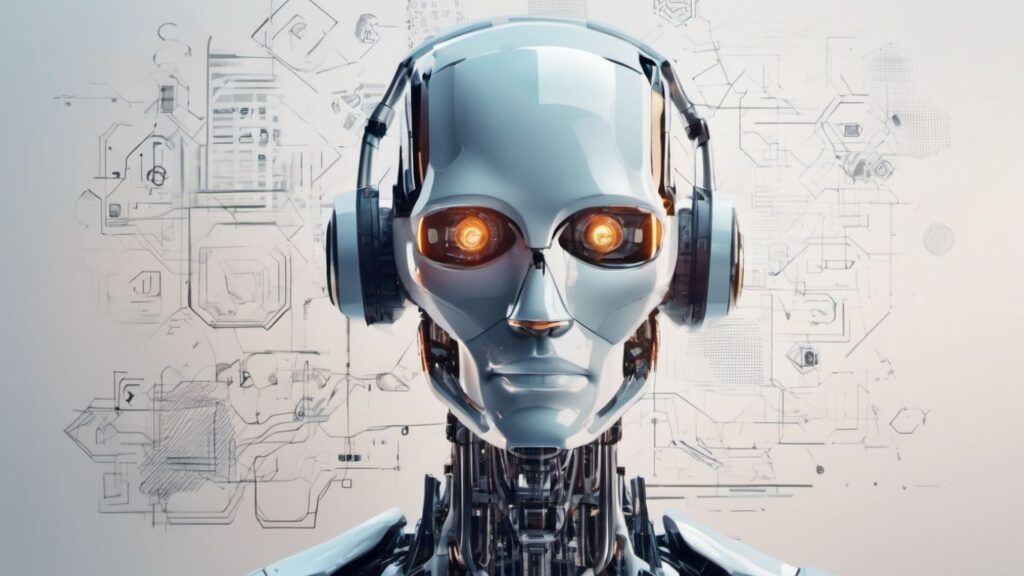
- Adapt Copyright Laws: Explicitly cover AI-generated content, clarifying rights and responsibilities.
- Mandatory Ethical Guidelines: Introduce training for AI use in educational, commercial, and research settings.
- Standardized Practices: Establish practices for accrediting or verifying AI-generated content.
- Detection and Attribution Tools: Encourage the development of tools that detect AI use in content creation.
- Industry Collaboration: Work with AI developers to find technological solutions to prevent unauthorized AI replication.
- Academic and Professional Policies: Incorporate AI plagiarism into integrity policies, outlining the consequences.
Conclusion
AI plagiarism poses significant ethical, legal, and academic challenges. By understanding its implications and implementing effective prevention strategies, we can harness AI for innovation while maintaining integrity and trust. Join the conversation and contribute to shaping the future of AI use.







